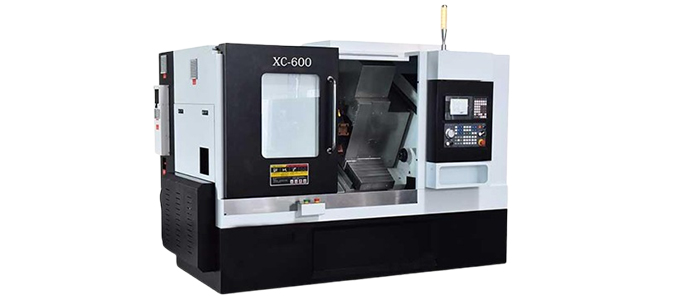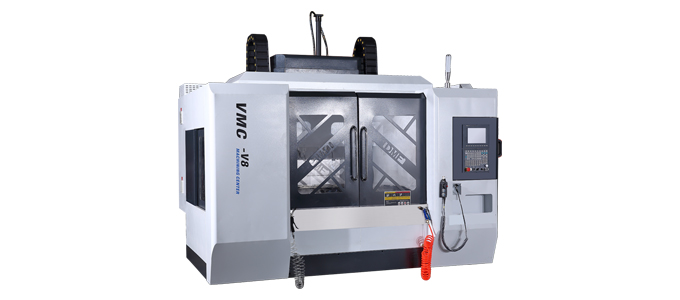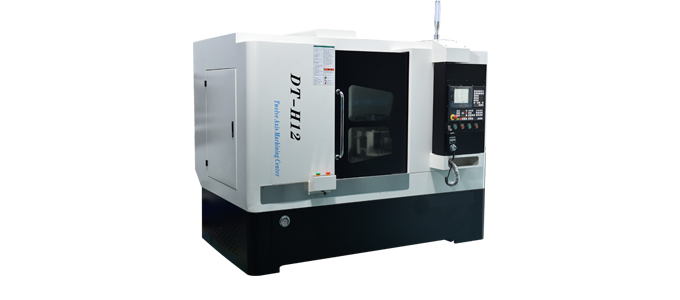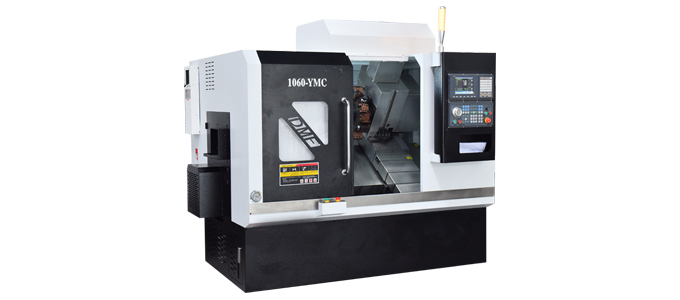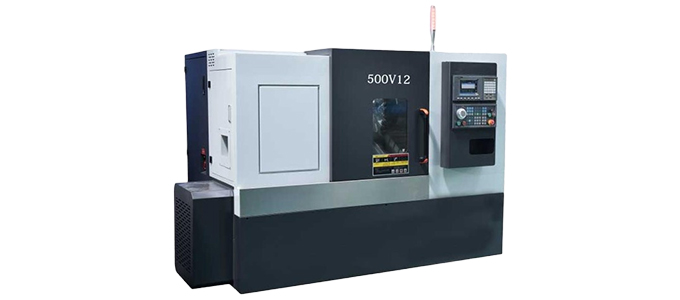The production of marine components requires a high degree of precision and reliability, given the demanding conditions in which these parts operate. CNC (Computer Numerical Control) lathe machines have become indispensable in this context, offering the accuracy and consistency needed to manufacture critical components such as rudder shafts, propeller shafts, porthole fittings, marine valves, pipe joints, elbows, and flanges.
CNC lathe machines use computer-controlled movements to shape raw materials into finished products. This technology allows for the production of parts with exact specifications, ensuring that each component meets the stringent requirements of the maritime industry. The automation of CNC machines reduces human error and enhances the efficiency of the manufacturing process.
Rudder shafts are crucial for the navigation of ships, and their production must adhere to precise dimensions to ensure reliable performance. CNC lathe machines can turn raw metal rods into accurately dimensioned rudder shafts, maintaining the integrity and functionality of the steering system. The precision offered by CNC machines ensures that rudder shafts can withstand the rigors of the marine environment.
Propeller shafts, which transfer power from the engine to the propeller, also require high precision. Any deviation in the dimensions of these shafts can lead to operational issues, such as vibrations and inefficiencies. CNC lathe machines can manufacture propeller shafts to the exact specifications needed, enhancing the overall performance and durability of the vessel.
The production of porthole fittings and marine valves benefits significantly from CNC machining. Porthole fittings must provide a watertight seal, while marine valves need to control fluid flow accurately. CNC lathe machines can produce these parts with intricate designs and tight tolerances, ensuring their proper functionality and reliability in marine applications.
Pipe joints, elbows, and flanges are essential components of the ship's plumbing and exhaust systems. CNC lathe machines can manufacture these parts in various shapes and sizes, ensuring precise fits and leak-proof connections. The ability to customize these components according to specific requirements is a significant advantage of CNC machining, enhancing the overall efficiency of the ship's systems.
CNC lathe machines also offer several additional benefits in marine component production. These machines can operate continuously, increasing production rates and reducing lead times. The consistency provided by CNC machining ensures that every part meets the required quality standards, enhancing the reliability of the vessel's operations. Moreover, the automation of CNC machines reduces labor costs and minimizes the risk of errors.
In summary, CNC lathe machines play a vital role in the production of marine components by offering precision, efficiency, and reliability. The ability to manufacture rudder shafts, propeller shafts, porthole fittings, marine valves, pipe joints, elbows, and flanges with high accuracy is essential for the safety and performance of ships. As CNC technology continues to evolve, it will further enhance the capabilities of the maritime industry, driving innovation and improving the quality of marine components.


